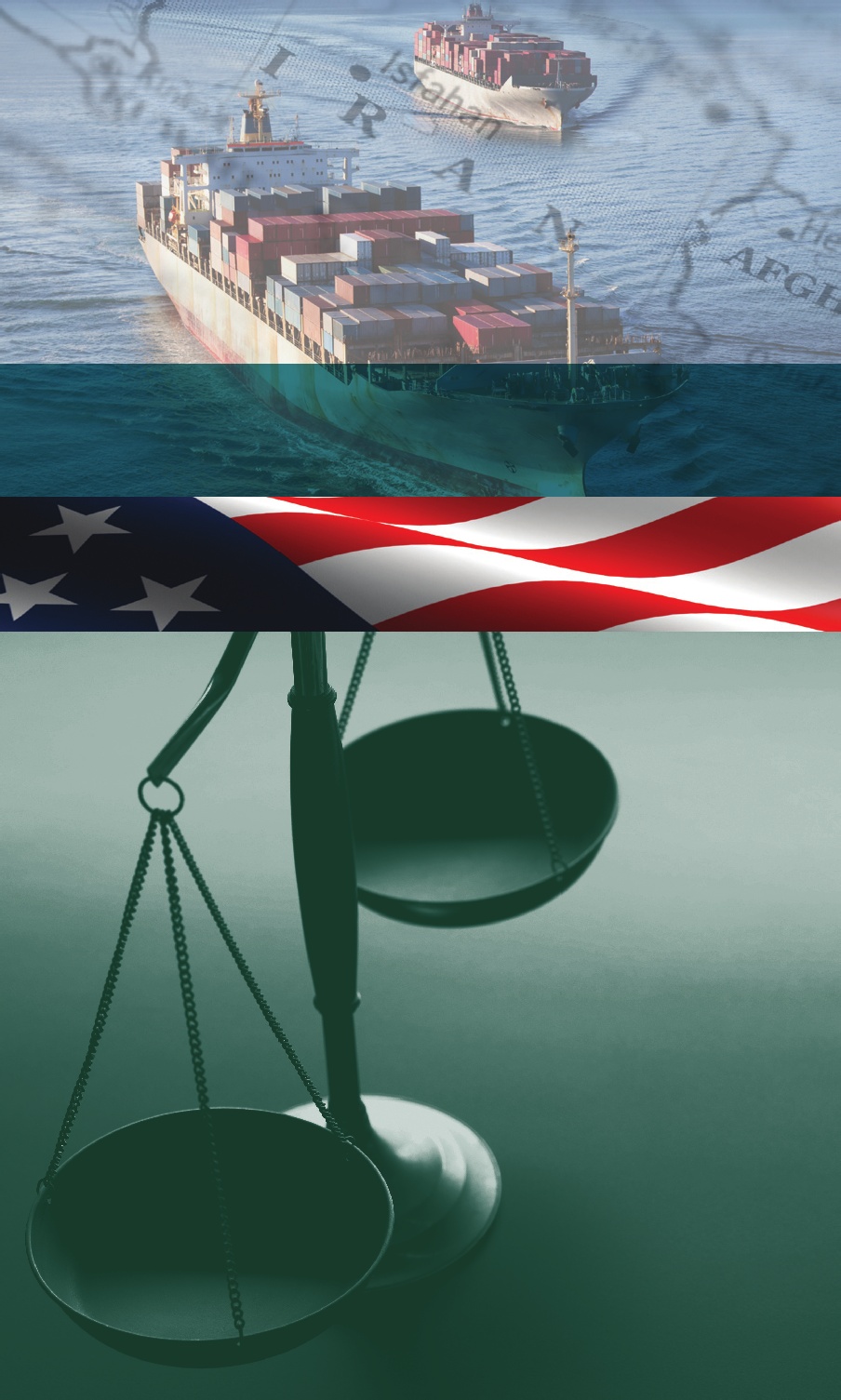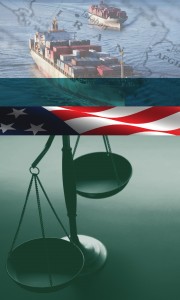
Weighing the Benefits and Costs of International Sanctions Against Iran
 The Carnegie Endowment for International Peace hosted the launch of the Iran Project’s new report, “Weighing the Benefits and Costs of International Sanctions Against Iran,” on Thursday morning. Find a full copy of the report here.
The Carnegie Endowment for International Peace hosted the launch of the Iran Project’s new report, “Weighing the Benefits and Costs of International Sanctions Against Iran,” on Thursday morning. Find a full copy of the report here.
The event, moderated by Ambassador Thomas Pickering, was a follow-up to the Carnegie Endowment’s September report, “Weighing the Benefits and Costs of Military Action Against Iran.” Find a full copy that report here.
The panel included George Perkovich, Director of the Nuclear Policy Program at Carnegie; Lieutenant General Gregory Newbold, of the United States Marine Corps; and William Reinsch, Vice Chairman: US-China Economic Security Review Commission.
Ambassador Pickering began by noting that the purpose of the report, as well as the panel, was not to advocate policy recommendations.
The “report is not an advocacy document, for or against sanctions.” Rather, this report is supposed to help inform an ongoing discussion about the viability of the current sanctions regime, and the role of sanctions in the overall US policy towards Iran.
George Perkovich went on to add that the sanctions debate is engaged at the highest levels of the US government, with the President making real-time decisions about how to move forward.
The ultimate aim of diplomatic negotiations, Mr. Perkovich continued, should be to get Iran to operate a peaceful nuclear program while being able to assuage international concerns that they will not weaponize.
Mr. Perkovich felt that because there are problems with how to define the parameters of Iran’s nuclear program, (the NPT does not define weapons) diplomacy will have to help define how to move forward. This, he said, will take effort and honesty on both sides.
Lt-Gen. Newbold addressed the effect that sanctions have had on the Iranian military.
He pointed out that “Iran has lost several decades of modernization” due to the effects that sanctions have had. Iran undoubtedly has asymmetric military capabilities that will affect our military calculus in the Persian Gulf. Regarding Iran’s conventional capabilities, like air defenses and ground forces, Lt-Gen. Newbold pointed out this is where years of economic isolation have hurt.
The Lt-Gen. stated that there has to be a “synchronized, sophisticated” combination of economic, political, diplomatic and military efforts in order to formulate a solution to the Iranian nuclear issue. He added that the military option is absolutely essential to success of this effort.
William Reinsch echoed the sentiment that a lasting solution will require a team effort, and added that because sanctions are multilateral, it will only increase their chances for success.
Mr. Reinsch also commented on the worry that sanctions have ceased to become an instrument of policy, and ended up becoming the policy itself. He talked about the danger of this happening especially if there are some positive results from negotiations with Iran in the future.
We need to be able to focus on the utility of being able to calibrate sanctions as the situation changes, Mr. Reinsch concluded, continuing to inform and shape the debate surrounding Iran’s nuclear program.
The Iran Project report has been signed and endorsed by a high-level delegation of policy makers and military officials, including American Security Project CEO Brigadier General Stephen Cheney, and ASP board member, Chuck Hagel (R-NE).







[…] Weighing the Benefits and Costs of International Sanctions Against Iran […]
[…] Last week the Iran Project released a new report, Weighing the Benefits and Costs of International Sanctions against Iran. The new report was endorsed by ASP CEO Brigadier General Stephen Cheney and ASP board member Sen. Chuck Hagel. It is a follow-up to a September 2012 analysis Weighing the Benefits and Costs of Military Action against Iran. Neither report advocates a particular course of action, but rather seeks to inform the debate over U.S. policy towards Iran. ASP’s Aaron Hesse provides a more detailed analysis here. […]